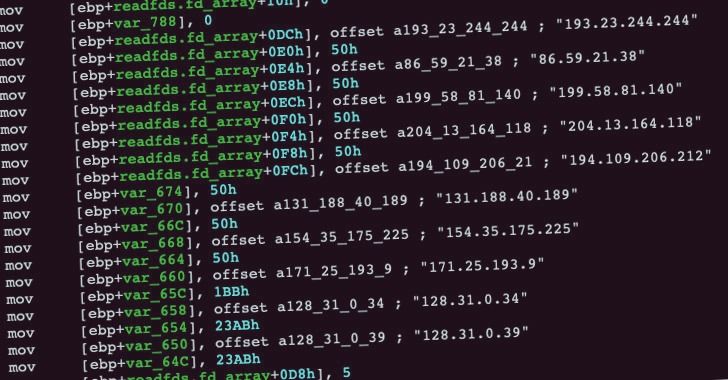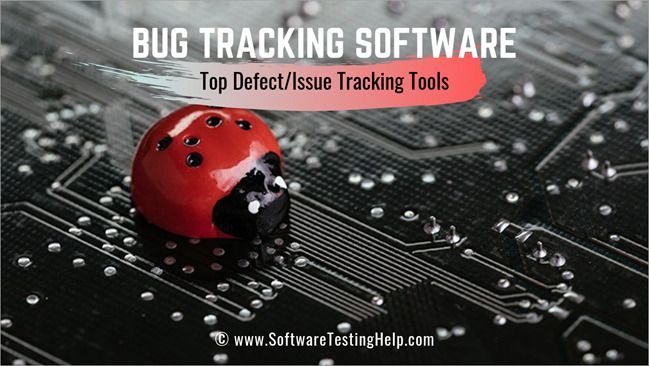Ransomware attackers using evolved SystemBC malware with a Tor proxy and remote control tool.


“Now witness the firepower of this fully armed and operational Battle Station.” – Emperor Palpatine, Return of the Jedi
This week Microsoft took a series of dramatic steps against the recent SolarWinds supply chain attack. In the size, speed and scope of its actions, Microsoft has reminded the world that it can still muster firepower like no one else as a nearly-overwhelming force for good.
Through four steps over four days, Microsoft flexed the muscle of its legal team and its control of the Windows operating system to nearly obliterate the actions of some of the most sophisticated offensive hackers out there. In this case, the adversary is believed to be APT29, aka Cozy Bear, the group many believe to be associated with Russian intelligence, and best known for carrying out the 2016 hack against the Democratic National Committee (DNC).


The widespread and monthslong hack of the U.S. government and some of America’s biggest corporations was enabled by an unlikely source: a little-known Austin, Texas, software company called SolarWinds Corp. that until this week was a household name only to computer network administrators.
Security investigators say the company that boasts more than 400 of the Fortune 500 corporations and many government agencies as clients provided the perfect delivery mechanism for a carefully executed intrusion attributed to Russia’s foreign-intelligence service.
SolarWinds provides the tools many companies use to manage their computer networks. That’s what made the hack of U.S. government agencies and some of America’s biggest corporations so pernicious.

The US government has confirmed that a massive hack had occurred in at least two federal departments, including the US Treasury and the Department of Commerce.
Hackers were able to monitor internal emails at US federal departments, including the Treasury, for months. There is concern officials have only scratched the surface of understanding the hack’s effects.



Automatic bug fixer.
Software development bot that automatically repairs build failures on continuous integration. Join the bot revolution! :star2::robot::star2::revolving_hearts: — eclipse/repairnator.

Best bug tracking software tools and systems: track defects efficiently with these top tools.
We are testers – in other words, bug finders. Defect/Bug/Issue/Fault/Failure/Incident – whatever we choose to call – our primary job description revolves around finding, recording, reporting, managing and tracking these. There is no harm in using an excel sheet to record/track and emails to report/alert/communicate.